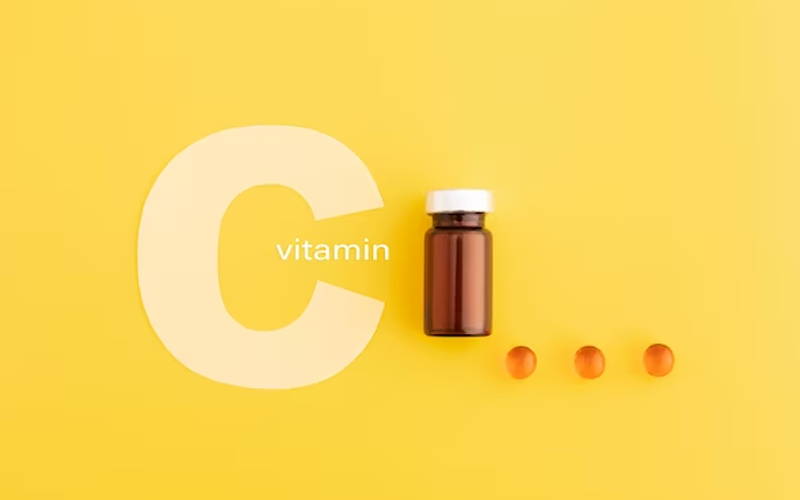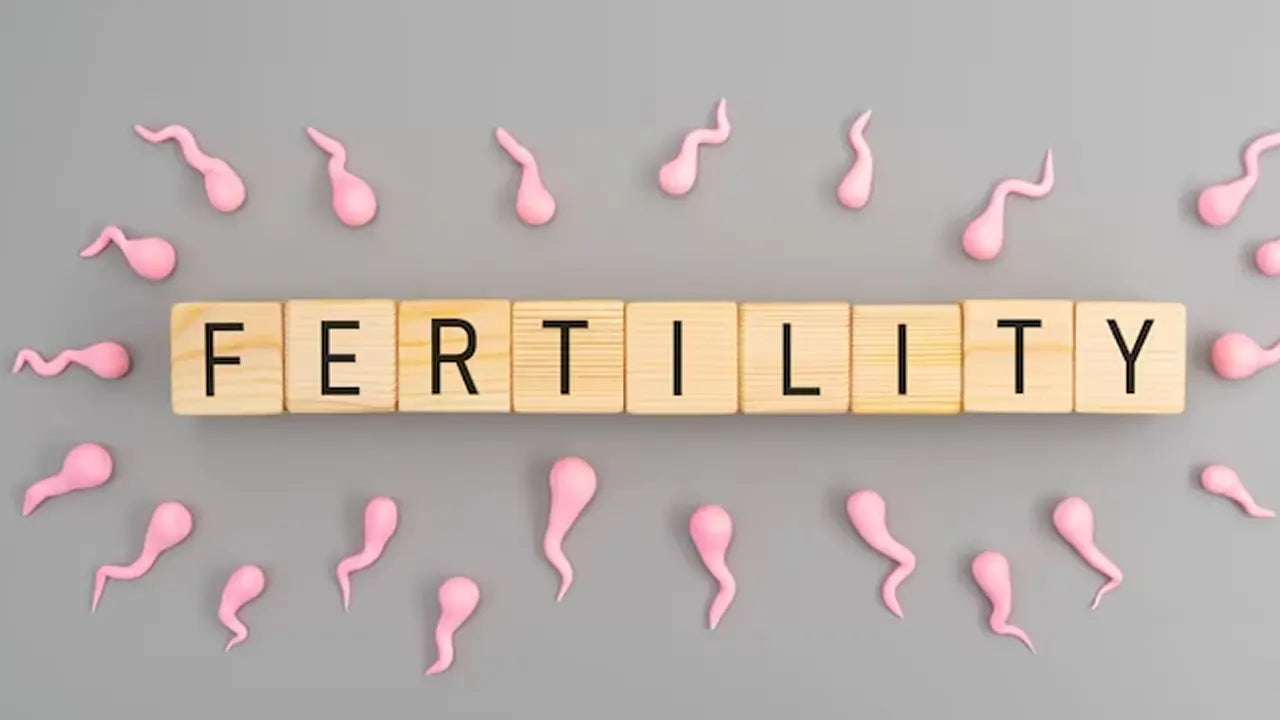Welcome to the intriguing world of fertility supplements, where today we delve into the curious case of coenzyme Q10 (CoQ10) and its potential effects on fertility. For many hopeful parents, the road to parenthood sometimes needs a little help. From healthy diets to regular exercises, numerous ways can bolster one's fertility. Among these, fertility supplements have been gaining ground in recent years. Let's begin this explorative journey by understanding the coenzyme Q10 fertility side effects.
Unpacking the Potential of CoQ10

The Essential CoQ10 Dose
Assessing the Adequacy of 200mg CoQ10

Pondering the Pause
The Symbiosis of CoQ10 and Fertility Success

Coenzyme Q10 Fertility Side Effects
Probing the Pros and Cons











